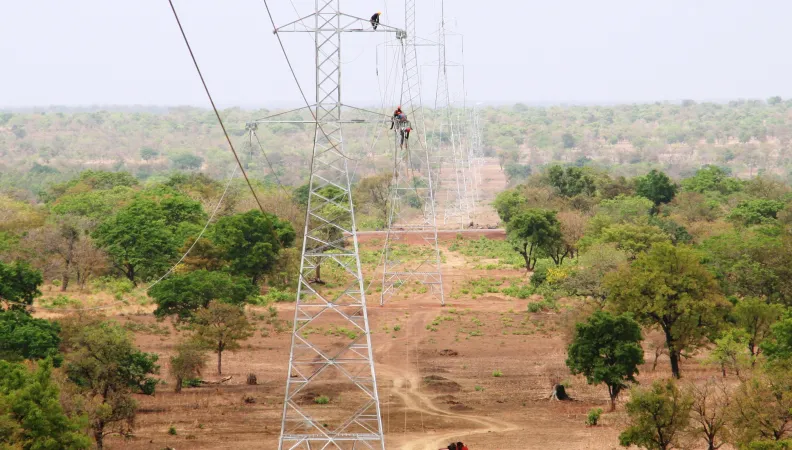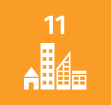Share the page
Technical assistance related to the Energy Access Fund
Project


-
Project start date
-
Status
In progress
-
Estimated date of project termination
-
-
Project financing date
-
-
Financing duration
-
10 ans
-
Type of program
-
FFEM
-
Global financing amount
-
37 000 000 €
-
FFEM financing amount
-
2 000 000 €
-
Project lead member institution(s)
-
French Ministry of Economy and Finance
-
Country and region
-
Ethiopia, Kenya, Malawi, Mozambique, Uganda, Tanzania, Zambia
-
Location
-
Harare
-
Type of financing
-
Grant
-
Beneficiaries
-
Access Ventures





The Energy Access Fund is an impact fund set up at the initiative of Schneider Electric to invest in access to electricity for rural and semi-urban communities in Sub-Saharan Africa.
Context
625 million inhabitants in Sub-Saharan Africa do not have access to electricity, which hinders social progress and economic development and damages the environment. Energy Access Ventures Fund aims to provide sustainable support to the development of access to energy for the most disadvantaged communities, by strengthening local energy systems.
In terms of economic development and social and environmental impact, the lack of access to a reliable source of electricity reduces both productivity and the quality of life of communities. The lack of lighting also limits the ability of people to carry out activities at night or at dawn (small shops, handicrafts, reading, housework or schoolwork).
Description
The project supports companies which generally do not have access to the traditional range of financing. It is initially being implemented in Burundi, Ethiopia, Kenya, Malawi, Mozambique, Rwanda, Tanzania, Uganda, Zambia and Zimbabwe.
In addition to the financing, various technical assistance programs are providing support to local companies for their management, governance, energy efficiency and good environmental practices policies.
The fund provides the companies selected with:
- Qualified professionals made available by Schneider-Electric, (engineers, procurement specialists, marketing experts, study managers), who support local companies and share their skills in order to strengthen existing human capital;
- An evaluation of the social and environmental impacts of their activity, with the aim of limiting their impact on the environment;
- Technical assistance by assisting them with subjects such as international regulations;
- Expertise in decision-making, in order to focus their investments on the most effective projects.
Impacts
The fund invests in equity in SMEs that promote solutions for access to low-carbon and low-cost electricity for rural and peri-urban communities in Sub-Saharan Africa. It also actively contributes to improving access to energy for these communities, to the economic development of the regions in question, and to the preservation of the global environment.
Objectives:
- Provide 1,750,000 low-income people in rural and semi-urban areas with reliable access to electricity, and achieve a gross internal rate of return for the fund of at least 8%.
- Contribute to the local, economic and social development of the country via investments which fit in with the local regulatory frameworks for rural electrification and the socioeconomic development initiatives of national and local authorities.
- Preserve the global environment, by promoting access to clean and renewable energies, thereby reducing and avoiding GHG emissions, placing emphasis on the best practices for the management of environmental impacts throughout the lifecycle of the technologies used, with a focus on waste treatment.
Sustainable Development Goals
ODD1 No poverty

ODD9 Industry, innovation and infrastructure

ODD10 Reduced inequalities

ODD11 Sustainable cities and communities

ODD17 Partnerships for the goals



